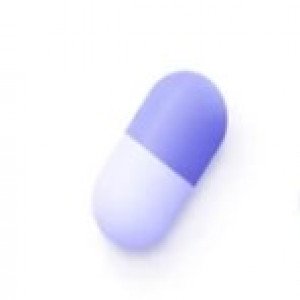 Welcome
Welcome
“May all be happy, may all be healed, may all be at peace and may no one ever suffer."
- A
- B
- C
- D
- E
- F
- G
- H
- I
- J
- K
- L
- M
- N
- O
- P
- Q
- R
- S
- T
- U
- V
- W
- X
- Y
- Z
Probiotic Combination [9 Billion] - Brands
Probiotics have antimicrobial, immunomodulatory, antidiarrheal, antiallergic and antioxidant activities. Probiotics have been used with some benefit in the prevention and treatment of some gastrointestinal disorders, including antibiotic-associated diarrhea and some infectious and viral diarrhea, most notably rotavirus-induced diarrhea in infants and children, lactose intolerance, sucrase and maltase deficiencies and inflammatory bowel disease. Soy is a dietary supplement that is used to prevent heart disease. Other uses include the treatment of menopause symptoms, like hot flashes. Soy may also be used to treat osteoporosis, high cholesterol (fat in blood), kidney disease and arthritis. Papayas contain an enzyme called papain that aids digestion. It is also high in fiber and water content, both of which help to prevent constipation and promote regularity and a healthy digestive tract. Fructo-oligosaccharides appear to be of benefit in modulating the microbial ecology of the gut, boosting gastrointestinal immunity. FOS may also protect against colon cancer and may also aid in calcium absorption.
Pharmacology
The antimicrobial activity of probiotics is thought to be accounted for, in large part, by their ability to colonize the colon and reinforce the barrier function of the intestinal mucosa. In addition, some probiotics have been found to secrete antimicrobial substances known as bacteriocins. It reduced gastrointestinal pH through stimulation of lactic acid producing bacteria and provides a direct antagonistic action on GI pathogen. Lactobacillus acidophilus, Lactobacillus bulgaricus and Bifidobaterium, have also demonstrated antioxidative ability. Mechanisms include chelation of metal ions (iron, copper), scavenging of reactive oxygen species and reducing activity.
To be happy, beautiful, healthy, wealthy, hale and long-lived stay with DM3S.
